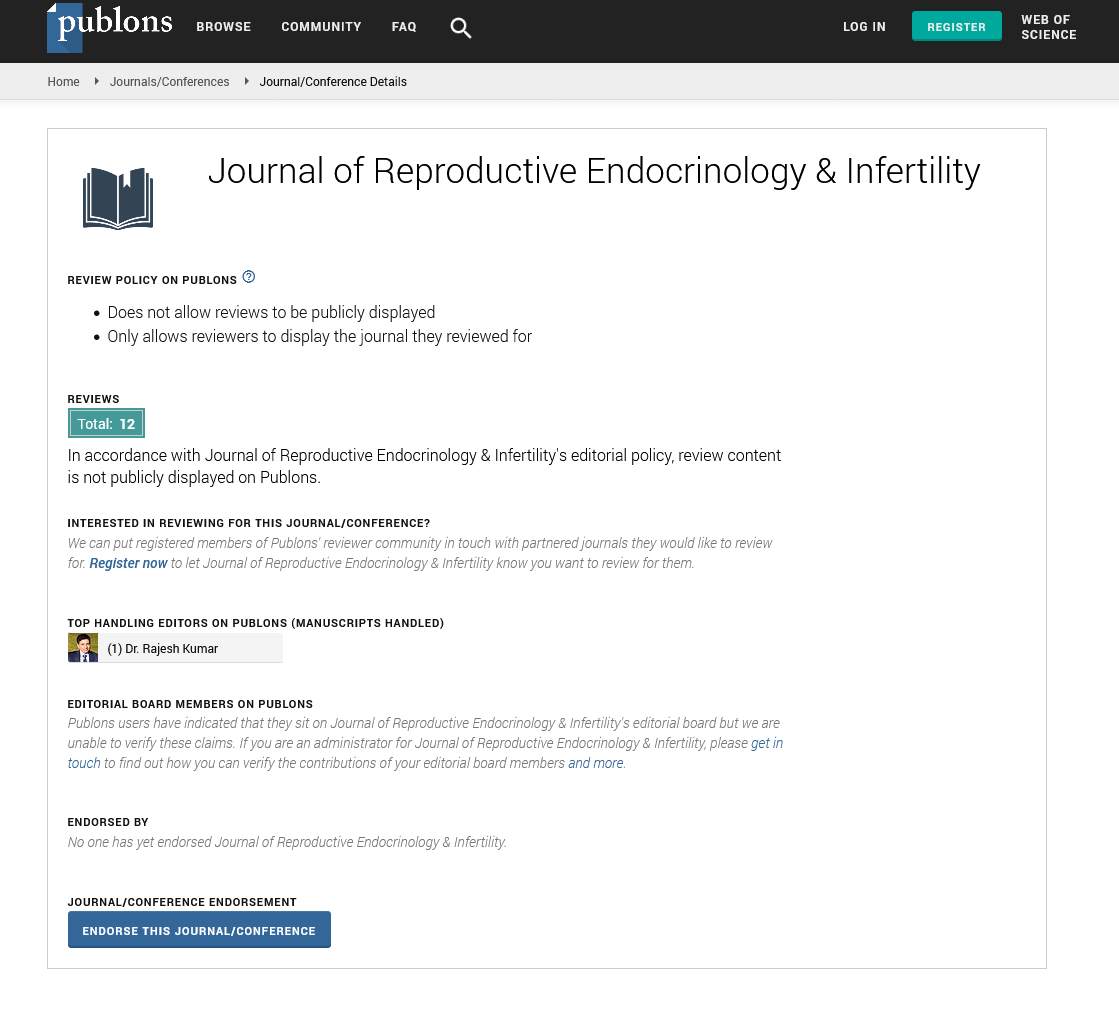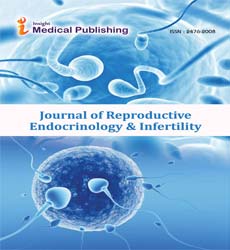Abstract
Histomorphology, hormonal changes and redox imbalance in aluminum-induced Pituitary-gonadal axis toxicity of adult Wistar Rats: the ameliorating influence of Prosopis Africana aqueous stem bark-extract
Prosopis Africana has found explorative use across several countries in Africa, in this modern-day; some of the uses include treatment of migraine, dysentery, rheumatism, and menstrual pain. This study aims at investigating the effects of Prosopis Africana aqueous stem bark-extract on the Pituitary-ovarian axis of adult Wistar rats following aluminum chloride administration.
Six groups of five animals each were utilized in the study and the study lasted for four weeks. Group, I served as the control and was fed with standard chow and water only. Group II animals were administered with 1000mg/kg b/w of extract only, Group III were given AlCl3 (100 mg/kg b/w) followed by ascorbic acid (20 mg/kg b.w), Group IV were given AlCl3 (100 mg/kg b/w) followed by 1000 mg/kg b/w of the extract for another 2 weeks, Group V were given AlCl3 (100 mg/kg b/w) followed by 500 mg/ kg b/w of the extract while Group VI received 100 mg/kg b/w of AlCl3 only. Animal sacrifice, samples were collected. Data obtained were analyzed using one-way ANOVA. The intake of different doses of AlCl3, extract, and ascorbic acid presented a classical histo-architectural appearance corresponding with the hormone and biochemical profiles. Prosopis africana markedly reversed biochemical, hormonal, and histological alterations caused by aluminum toxicity in the ovary and pituitary gland. Prosopis Africana reversed oxidative stress induced by aluminum toxicity in the ovary and pituitary gland. Indeed, Prosopis Africana is a potent anti-oxidant.Author(s):
Olawuyi T Solomon, Ukwenya V Okoliko, Akinola B Kolade, Ogunjemite P Idaresit
Abstract | Full-Text | PDF
Share this

Awards Nomination
Google scholar citation report
Citations : 43
Journal of Reproductive Endocrinology & Infertility peer review process verified at publons
Abstracted/Indexed in
- Google Scholar
- Sherpa Romeo
- China National Knowledge Infrastructure (CNKI)
- Publons
- International Committee of Medical Journal Editors (ICMJE)
- Secret Search Engine Labs
Open Access Journals
- Aquaculture & Veterinary Science
- Chemistry & Chemical Sciences
- Clinical Sciences
- Engineering
- General Science
- Genetics & Molecular Biology
- Health Care & Nursing
- Immunology & Microbiology
- Materials Science
- Mathematics & Physics
- Medical Sciences
- Neurology & Psychiatry
- Oncology & Cancer Science
- Pharmaceutical Sciences


